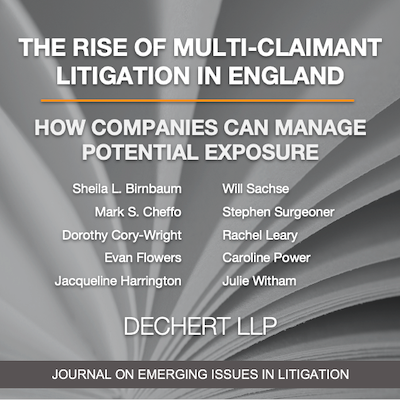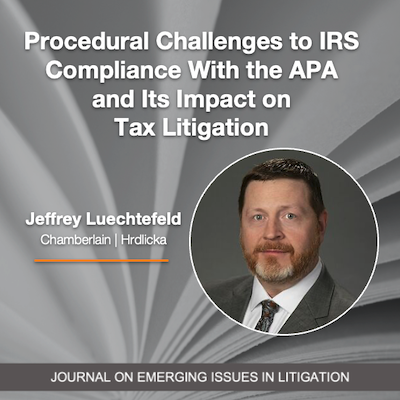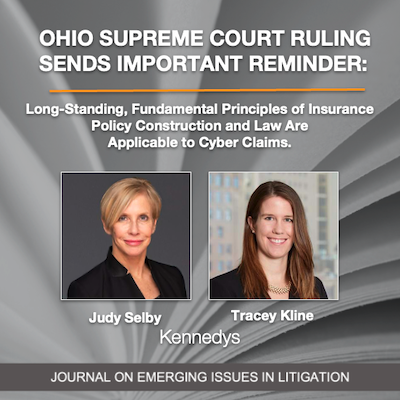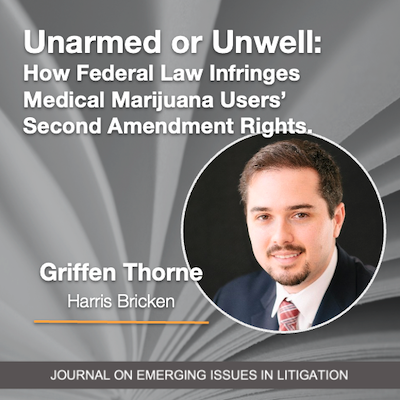Defending Punitive Damages Cases and Preventing Runaway Awards: New Approaches
Defending Punitive Damages Cases and Preventing Runaway Awards: New Approaches Runaway punitive damages awards continue to demonstrate that traditional defense strategies can fail against increasingly sophisticated arguments from the plaintiffs' bar. Getting the claim dismissed on summary judgment or arguing that the plaintiff failed to prove the necessary level of culpability may be tools but often fail as stand-alone strategies. Radically different approaches are needed. Counsel must develop a comprehensive strategy, including affirmatively telling the defendant's story. Defendants are finding success in invoking FRE 407 and arguing that subsequent changes have made punitive damages unnecessary. This approach may be instrumental in a variety of tort cases, including trucking and motor carrier cases. Laurie Webb Daniel Partner Webb Daniel Friedlander Kathryn Lehman Partner King & Spalding CLE On-Demand Webinar July 18th, 2023| 1:00PM Eastern This Strafford production has been specially selected for HB audiences. [...]











